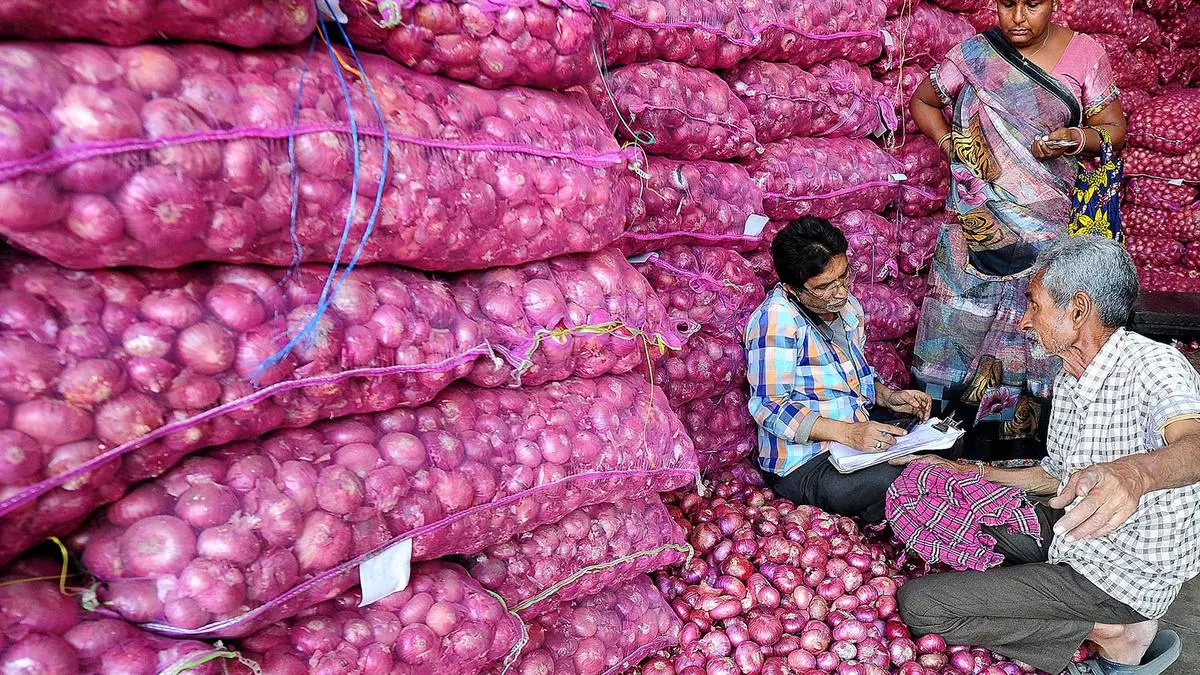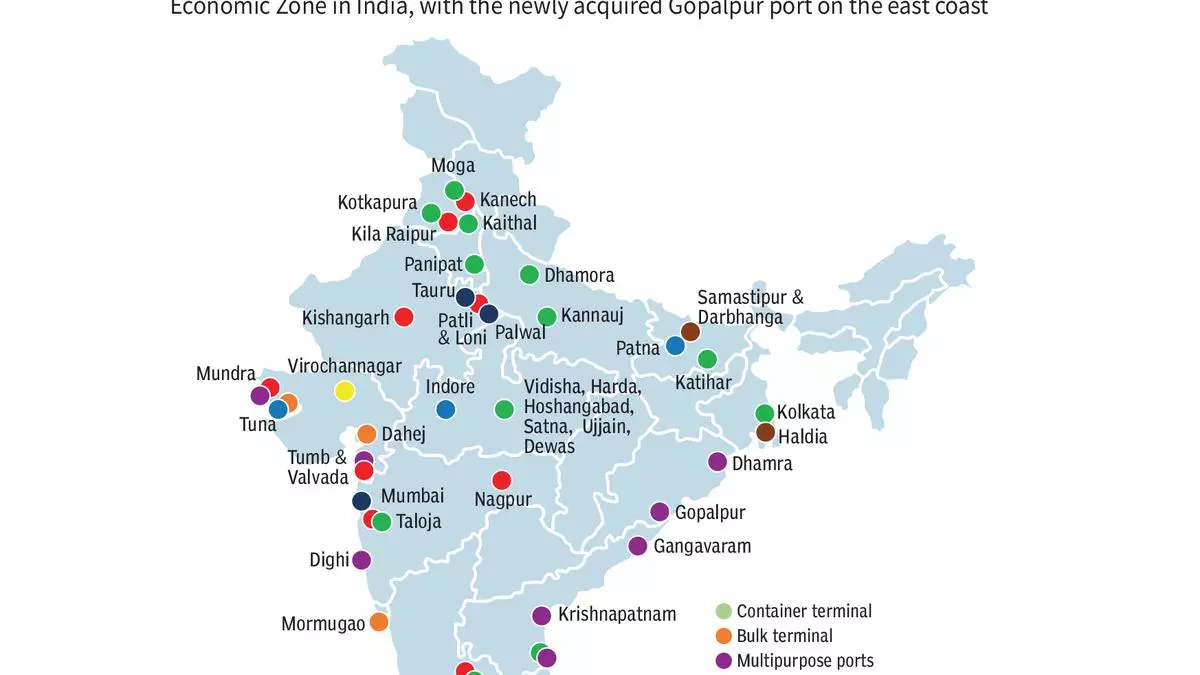The Centre has said its decision to increase the procurement of onions for the buffer stock and simultaneous sales at subsidised rates has helped contain the all-India average price below ₹60/kg. Otherwise, it could have touched ₹100/kg this year due to a production shortfall. The statement comes amidst farmers’ protest in Maharashtra against export ban of onion.
However, the government could have lost over ₹300 crore as about 25 per cent of the buffer stock could have been either damaged or not fit anymore for human consumption. The Centre has purchased 5.1 lakh tonnes (lt) of onion till now out of which 2.74 lt have been sold. But the current buffer stock with the government may be only between 50,000 tonnes and 1 lt.
Briefing media about onion scenario on Monday, Consumer Affairs Secretary Rohit Kumar Singh said out of these purchases, 20-25 per cent got spoiled. “Onion is a perishable commodity. Even if it is not spoilt, it goes as Grade B that is sold cheaper in the market,” Singh said, adding that there is no concern about this as the government has been constantly buying. “If the Committee of Ministers decides, we are ready to buy even higher (than 7 lt),” he said.
Signal to traders
“If you have good buffer it sends a signal to the market that if traders act funny, government can intervene. This year our assumption is that had the buffer been low, price could have hit ₹100/kg. The quantum of buffer is inversely proportional to price rise in onion,” Singh said. The average cost of procurement is ₹25-26/kg, he said.
The Secretary said the opposition (to export ban) is not genuine as consumers benefit (from the subsidised sales) and secondly, farmers are not affected. “We have said whatever quantity farmers bring to the market it will be procured, subject to quality, conditions of onion,” Singh said.
In a direct attack against middlemen/exporters, he said the only person affected by the ban is the one who was buying cheap from farmers and selling at a higher price in Bangladesh. “That trader or exporter who was making a killing because of the price differential between Lasalgaon (of Maharashtra) and Bangladesh market, will be affected and he should be. For us, the domestic consumers are most important,” Singh said.
Justifying export ban
Justifying the ban, he further said exports in first week of December were 22 per cent of total of the quantity shipped in December 2022 despite the minimum export price (MEP) being imposed. The export in November, though, dropped 29 per cent to 1.2 lt from the year-ago period whereas in October, export surged 77 per cent to 2.64 lt.
Officials said the Centre has already released ₹600 crore to procuring agencies Nafed and NCCF to carry on the procurement as both purchase and sales are continuing simultaneously.
The Consumer Affairs Secretary said due to various measures of the government, onion prices may fall below ₹40/kg by January from the current all India average price of ₹57/kg. Onion inflation in the Consumer Price Inflation (CPI) basket has been in double digits since July, rising to a near four-year high of 42.1 per cent in October.





